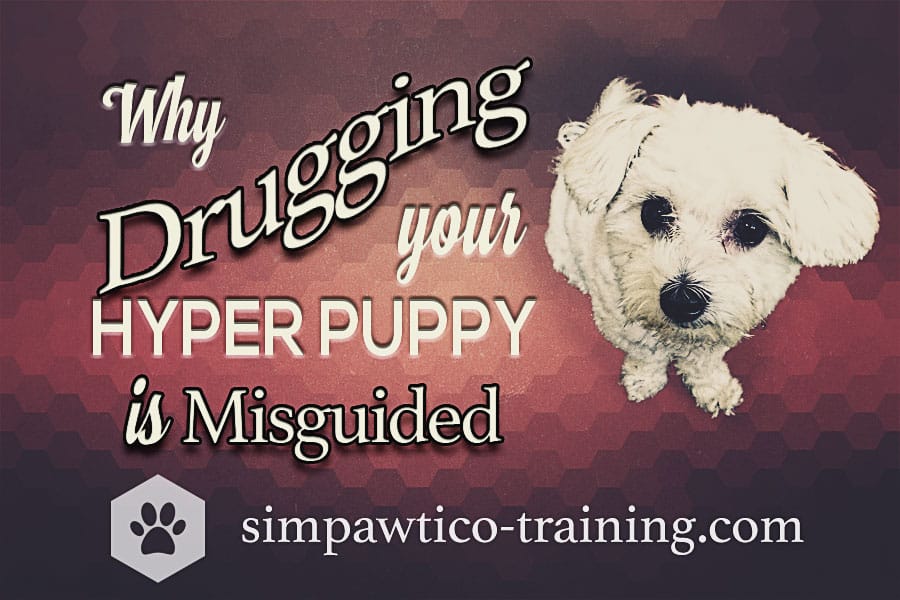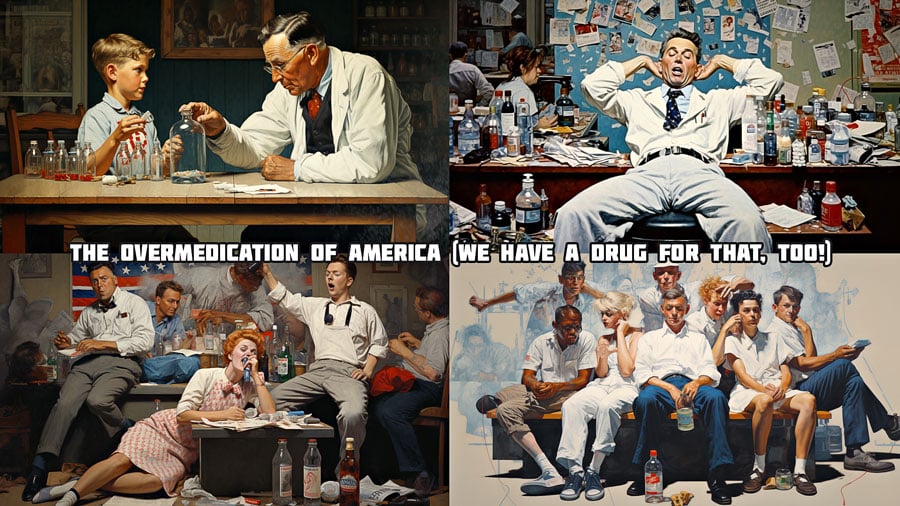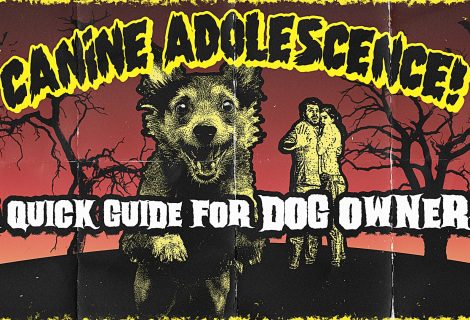The other day, a woman approached me seeking advice. She expressed her concerns about her 10-week-old puppy’s hyperactivity and inquired about strategies to address it. To my astonishment, her vet recommended medicating the puppy with a type of doggy Ritalin. I was utterly taken aback by this suggestion. Can you believe it?
This highlights the issue of excessive medication in America, which is now extending to our pets. As someone who has been a teacher to both humans and dogs, I truly comprehend the complexity of this controversial matter.
However, let’s focus solely on our furry friends, the dogs. We cannot deny some indisputable truths: puppies are inherently hyperactive, silly, and prone to being easily distracted. But have you ever stopped to think about why that is?
Puppies are in a crucial stage of their development. They need this energy to explore, play and learn about the world around them. It’s crucial for their cognitive, emotional, and physical growth. By trying to suppress this natural behavior with medication, we may be doing more harm than good.
But it’s not just medication used to control puppy hyperactivity. Aversive training methods, such as “alpha dog” techniques, are still commonly used by some trainers and owners to establish dominance and control over their puppies. This not only goes against what we know about canine behavior and development but can also cause fear, anxiety, and aggression in puppies.
The truth is, puppies don’t need medication or tough love. They need good environmental management, supportive training, patience, and proper outlets for their energy. As a puppy parent, it’s essential to provide them with mental stimulation through training, playtime, and socialization. It’s also crucial to set clear boundaries and consistently reinforce positive behaviors.
THE PRESSURE TO CONFORM
The pressure to conform and have a well-behaved, calm dog can be overwhelming for many puppy owners. They see other dogs who appear calm and well-behaved and wonder why their puppy isn’t the same. This can lead them to seek out quick fixes like medication or aversive training methods to achieve the desired results.
But it’s important to remember that every dog is different and has their own unique personality and energy levels. Trying to fit a puppy into a preconceived notion of what a “good” dog should be can do more harm than good.
SOMETIMES, MEDICATIONS ARE APPROPRIATE
I can’t deny that there are some behavioral or medical cases where medication may be necessary for a dog. Just like with humans, some dogs have chemical imbalances or neurological disorders that require medical intervention. For dogs working through what I call “big behaviors,” using psychopharmaceuticals to help reset the baseline in their nervous system is extremely helpful.
In fact, I worked with my veterinary colleagues to write a whole article about the subject that discusses appropriate use cases and what types of drugs are usually used.
But let me make this very clear: if your puppy is energetic, easily distracted, or struggles with focusing on training—that is normal. That is not a special case that requires medication. That is just nature at work.
Your puppy is growing and developing, and part of that process involves high energy levels and an eagerness to explore the world around them. It’s important for puppy owners to understand this and not fall into the trap of thinking something is inherently wrong with their puppy for being energetic.
Moreover, using medication as a band-aid solution does not address the root cause of the hyperactivity. It’s important for puppy owners to take a more holistic approach and understand that their puppy’s energy is completely natural and necessary for their development.
DEVELOPMENTAL STAGES
Developmentally, your puppy is doing what they’re supposed to do. They’re learning, growing, and discovering the world around them. Some puppies may naturally have more energy than others, and that’s perfectly normal, too.
It’s important to recognize that their development is not linear. Just like human children, they will go through different stages that may present new challenges or behaviors. But these stages are temporary and should be embraced rather than suppressed.
STRATEGIES FOR DEALING WITH HYPERACTIVITY
So what can puppy owners do instead of resorting to medication? Here are a few tips:
- Provide plenty of physical and mental stimulation: Puppies have boundless energy and need ways to release it. Take them on walks, play games like fetch or tug-of-war, and engage in positive training sessions that challenge their minds.
- Give them appropriate outlets for their energy: Instead of punishing your puppy for being energetic, channel their energy into appropriate activities like play training, games, or interactive toys.
- Be patient and consistent with training: It takes time and patience to train a puppy, but it’s important to be consistent and use positive reinforcement methods. This will not only help with managing hyperactivity but also strengthen the bond between you and your puppy.
I highly recommend my article and video on 6 management strategies for raising a puppy!
THEY’RE STILL BABIES
A puppy is going to test your patience. They’re going to poop on the floor, chew things up, and get into stuff.
Go into owning a dog knowing this. Don’t have unrealistic expectations, and for crying out loud, don’t medicate natural puppy behaviors! If you’re not willing to put the time in to allow that dog to grow out of and train those behaviors out, then don’t get a dog. That’s like getting frustrated with your baby because it cries a lot, makes a mess when it eats, and poops its pants for the first year of its life—what did you expect?!
Dogs don’t come off of an assembly line. Puppies aren’t kitchen appliances that work how you want right out of the box. You have to spend time not only teaching them how to be but learning how they work. Even if you’ve had dogs before–or even trained dogs–every dog will be a little (or a lot) different.
THE CLIENT’S PUPPY
For the woman who came to me about her puppy, I advised her on a sensible puppy diet. I discussed with her the very critical developmental stages a puppy goes through. I taught her about “puppy parties,” error-free training, and autoshaping. And then, I showed her some training strategies. I talked to her at length about her puppy.
And then, she signed up for a Puppy Class.
As you might expect, several weeks later, her puppy was a very different little dog. He wasn’t perfect, of course, but he was manageable and thoroughly enjoyable. More importantly, he was improving. Some of this was naturally due to simply getting a little older, but most of the change is attributable to those boundaries, limitations, and expectations that training establishes. Time, consistency, patience, and repetition will keep the trend going in that woman’s house. The puppy will mature into the training, too, and continue to “get it” on deeper levels as he gets older.
Avoid relying on quick fixes like “magic bullets.” Using drugs, shock and pinch collars or extreme training methods is inappropriate for a puppy. Nothing replaces being a responsible and nurturing parent to your dog. Take the time to be a leader and a teacher. In the long run, you and your dog will experience greater happiness and satisfaction.
EMBRACING YOUR HYPERACTIVE PUPPY
In conclusion, it’s important for puppy owners to embrace their puppies’ natural energy levels and not try to suppress or alter them with medication. Understanding that this energy is a normal part of their development can help alleviate frustration and allow a more positive and enjoyable experience with your puppy. So next time your energetic puppy drives you crazy, take a step back and remember they are just being a happy and healthy pup. Embrace the chaos and enjoy the journey!











